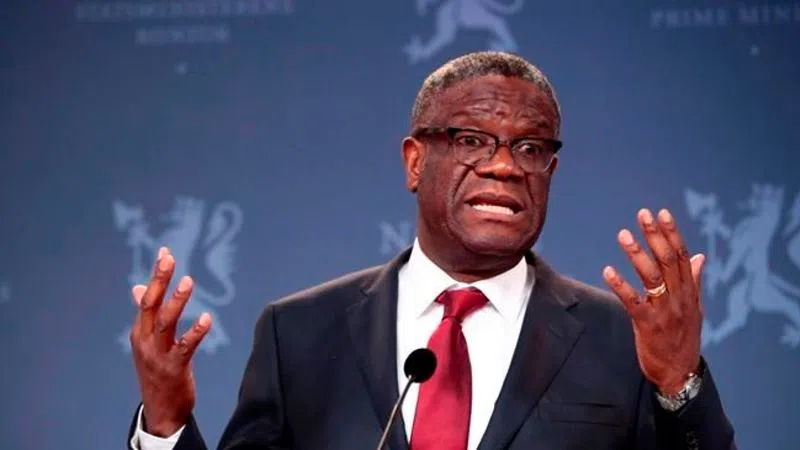
Nobel winner Mukwege says rape during war ‘weapon of mass destruction’
MONTREAL — Nobel Peace Prize winner Dr. Denis Mukwege said Friday that rape in armed conflict is a “weapon of mass destruction,” the effects of which are felt for generations.
In an interview with The Canadian Press during a visit to Montreal, the Congolese obstetrician and gynecologist lamented the fact that the world does not want to recognize and adequately punish the weapon of sexual violence.
Nicknamed “the man who mends women,” he long ago stopped counting the number of tortured and mutilated women who have come for treatment at his clinic in the Democratic Republic of Congo.



